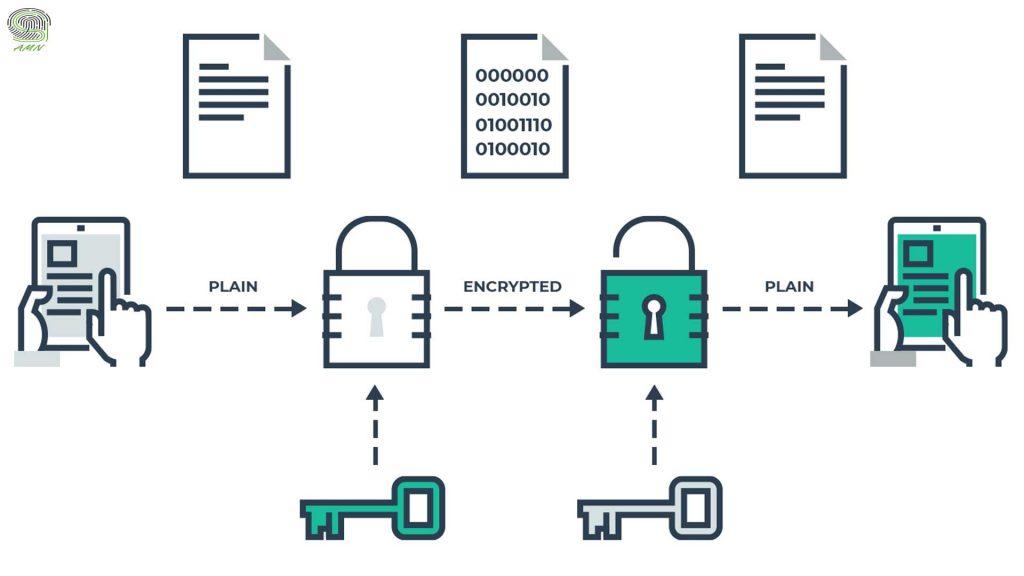OpenSSL is a widely-used open-source software library that provides cryptographic functions and utilities. It's commonly used to implement the Secure Sockets Layer (SSL) and Transport Layer Security (TLS) protocols, which secure communication over computer networks. Here's a brief overview of some of the key features and utilities provided by OpenSSL:
Cryptography Functions: OpenSSL offers a wide range of cryptographic functions, including encryption, decryption, hashing, digital signatures, and key management.
SSL/TLS Support: OpenSSL provides libraries and command-line tools for implementing SSL and TLS protocols, which are essential for securing communication between clients and servers over networks like the internet.
Certificate Management: OpenSSL supports the creation, management, and verification of X.509 digital certificates, which are used to establish the authenticity of entities in a networked environment.
Command-Line Tools: OpenSSL includes a set of command-line tools that allow users to perform various cryptographic operations and manage certificates and keys from the terminal. Some common command-line tools include `openssl`, `openssl enc` for encryption, `openssl s_client` for connecting to SSL/TLS servers, and `openssl genrsa` for generating RSA private keys.
Library APIs: OpenSSL provides a set of APIs that developers can use to integrate cryptographic functionality into their applications. These APIs are available in various programming languages, including C, C++, and Python.
Compatibility: OpenSSL is highly portable and is available on various operating systems, including Linux, macOS, Windows, and BSD variants.
Open Source: Being open-source software, OpenSSL allows users to inspect its source code, contribute improvements, and customize it to meet specific requirements.
Overall, OpenSSL is a powerful and versatile tool that plays a crucial role in securing communication and data transmission over networks. Its flexibility, wide range of features, and community support make it a popular choice for developers and system administrators alike.


Comments